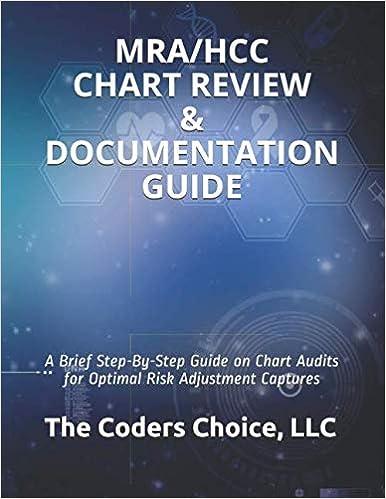Question
Stock-A has current price, S A = $90 and stock-B has current price, S B = $80. Put options on A and B have 30
Stock-A has current price, SA = $90 and stock-B has current price, SB = $80.
Put options on A and B have 30 (trading) days to maturity and are currently both at-the
money. The risk-free rate is r = 2% pa (continuously compounded).
You do not have closed form solutions (e.g. Black-Scholes) for these option
prices but the portfolio deltas and gammas for long positions in these put options
are
Delta of a = -400, Delta of b = -200 and gamma of a = 30, gamma of be = 20
The mean growth rate and volatility for stock-A are 5% pa and 15% pa, respectively
and for stock-B the figures are 10% pa and 20% pa, and the correlation between the
two stock returns is 0.7.
a). Carefully, outline the steps you would take to simulate stock prices A and B over
10 trading days using Monte Carlo Simulation (MCS), and how you would calculate
the possible outcomes for the change in value of your options portfolio (over 10 trading
days).
b). Assume you only hold options-A. Using your own formulas in Excel, perform a
MCS (for m=1000 simulations) over 10 trading days. Show the possible changes in the
options premium and present the results in a histogram.
Now, calculate the change in value of your options position at the 5th percentile.
Briefly comment and interpret your results.
c). Use MCS (in Excel) to price option-A and measure the error in your estimate.
Set out the steps in your analysis and briefly comment on your results by noting any
changes in your MCS analysis between b). and c).
Provide the Excel file with the above illustrative simulations.
Step by Step Solution
There are 3 Steps involved in it
Step: 1

Get Instant Access to Expert-Tailored Solutions
See step-by-step solutions with expert insights and AI powered tools for academic success
Step: 2

Step: 3

Ace Your Homework with AI
Get the answers you need in no time with our AI-driven, step-by-step assistance
Get Started


